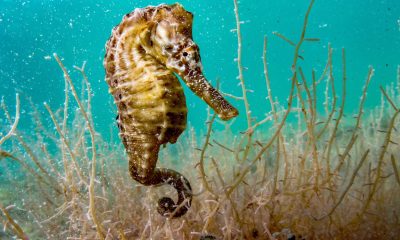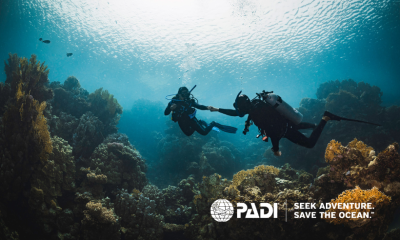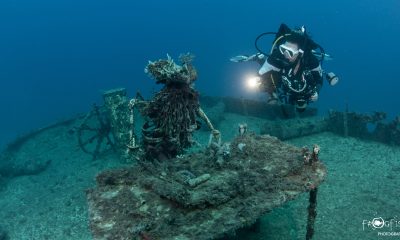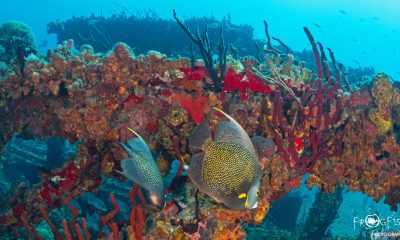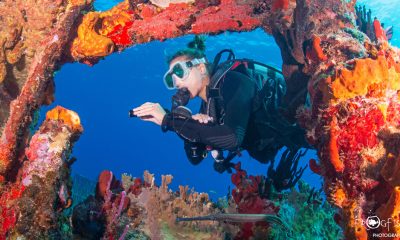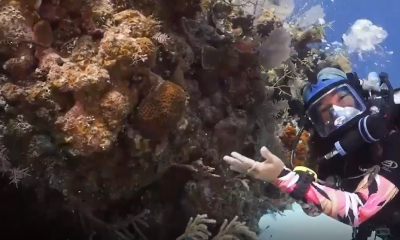News
Caribbean Shark Coalition launched
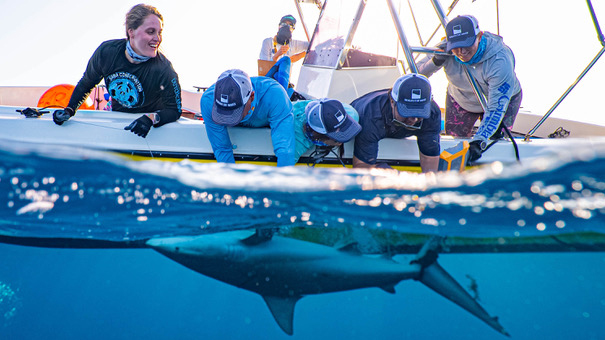
Caribbean Shark Coalition launched to promote training, impact, and collaboration around shark protections in the Greater Caribbean Region
The Dutch Caribbean Nature Alliance (DCNA) and Beneath the Waves (BTW) have launched the Caribbean Shark Coalition (CSC), an innovative, new platform to bring key stakeholders, researchers, governments and funders together to better collaborate and scale the impacts of science and policy within the entire Greater Caribbean region.
Represented are over 45 new members from NGOs, governments, and local businesses from 24 countries, which have formally joined the CSC to build capacity around research, policy, and education efforts for these threatened species in the region.
The Caribbean plays a key role in advancing the global target of protecting 30% of the worlds’ ocean by 2030. Under this vision, the CSC has three primary goals, which will be carried out through collaborative work and CSC-member projects. Firstly, the CSC will foster collaboration in shark and ray research, policy, and capacity building for conservation among stakeholders, and provide opportunities for knowledge transfer and data synthesis. The CSC will also seek to explore ways in which transboundary protections can be made to better safeguard the long-term health of shark and ray populations. Finally, the CSC aims to promote a sustainable future for these species as well as the human livelihoods who depend on them, by engaging local businesses, stakeholders, and private sector corporations.
“This is a historic moment for marine conservation efforts in the Caribbean,” says Tadzio Bervoets, Director of DNCA and a founding team member at the CSC. “We have been calling for transboundary marine protections in these waters, as we know that these apex predators are connecting ecosystems, reefs, fisheries, and nutrients across Exclusive Economic Zones. The CSC will help us to find and address critical knowledge gaps around sharks and rays in the region, and support collaborative research projects.”
Dr. Austin Gallagher, Chief Scientist of Beneath the Waves, shares, “Over the years we’ve had so many stakeholders from throughout the region express their interest in getting engaged in basic research or education around sharks, but a lack of resources or technical or operational expertise limited them from taking action.
He adds, “We hope The Coalition can play a role in creating that friendly, open, and supportive community those voices have been looking for.”
CSC members represent a collection of experts from NGOs, local communities, intergovernmental organizations and governments, academia, and policy institutes, and local businesses, working together to advance the study and conservation of sharks and rays found in the waters of the Greater Caribbean. The CSC will provide cross-disciplinary training, region-wide assessments, and will issue grants to CSC-member projects. The CSC will represent the interests and goals of members and, more broadly, sharks and ray species of the Caribbean at the UN (UNEP-CEP and the Regional Activity Center for the SPAW Protocols of the Cartagena Convention), IUCN-Caribbean, CITES, CMS, CBD, and other international gatherings.
For information visit www.caribbeansharks.co
Photo credit: Sami Kattan (all rights reserved)
News
Seahorse National Park announced on Eleuthera in The Bahamas
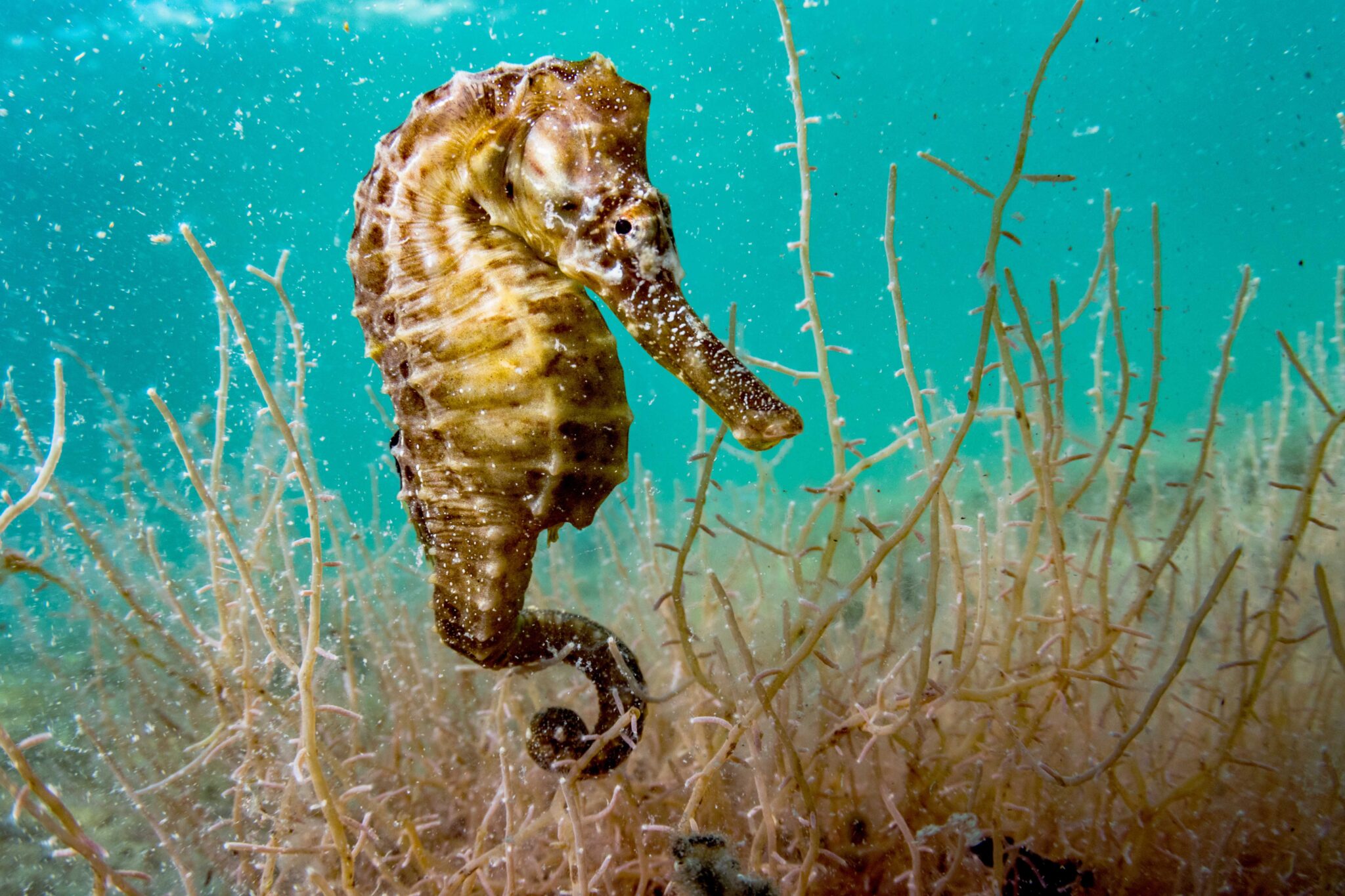
This week has seen the announcement of the designation of Seahorse National Park at Hatchet Bay Cave and Sweetings Pond on Eleuthera. This monumental announcement comes after years of efforts from the BNT and its partners in advocating for the protection of Sweetings Pond and its surrounding areas as an official national park under the BNT’s management.
Sweetings Pond is a large, land-locked saltwater pond in Hatchet Bay, Eleuthera. It has many unique natural features, but the most notable of them all is its incredible seahorse population, which is believed to be the densest population of seahorses in the world. The new 548-acre national park protects the entire one-mile-long pond and the surrounding terrestrial area. The land surrounding Sweetings Pond is a blend of intact coppice, mangroves, and farmlands. In addition, the new national park includes the extensive Hatchet Bay Caves system. This historic cave system is a popular attraction and contains a number of impressive geological features. It is one of the longest dry cave systems in The Bahamas.
Since 2014, the BNT has been leading efforts to have the area declared as a national park. This included years of public outreach and stakeholder consultations in communities across Eleuthera; education presentations in local schools; science and research efforts; and engaging consecutive government administrations. In 2018, the BNT submitted the “20 by 20 Marine Protection Plan” to the government, which included the recommendation to declare Sweetings Pond and other areas in The Bahamas as protected areas.
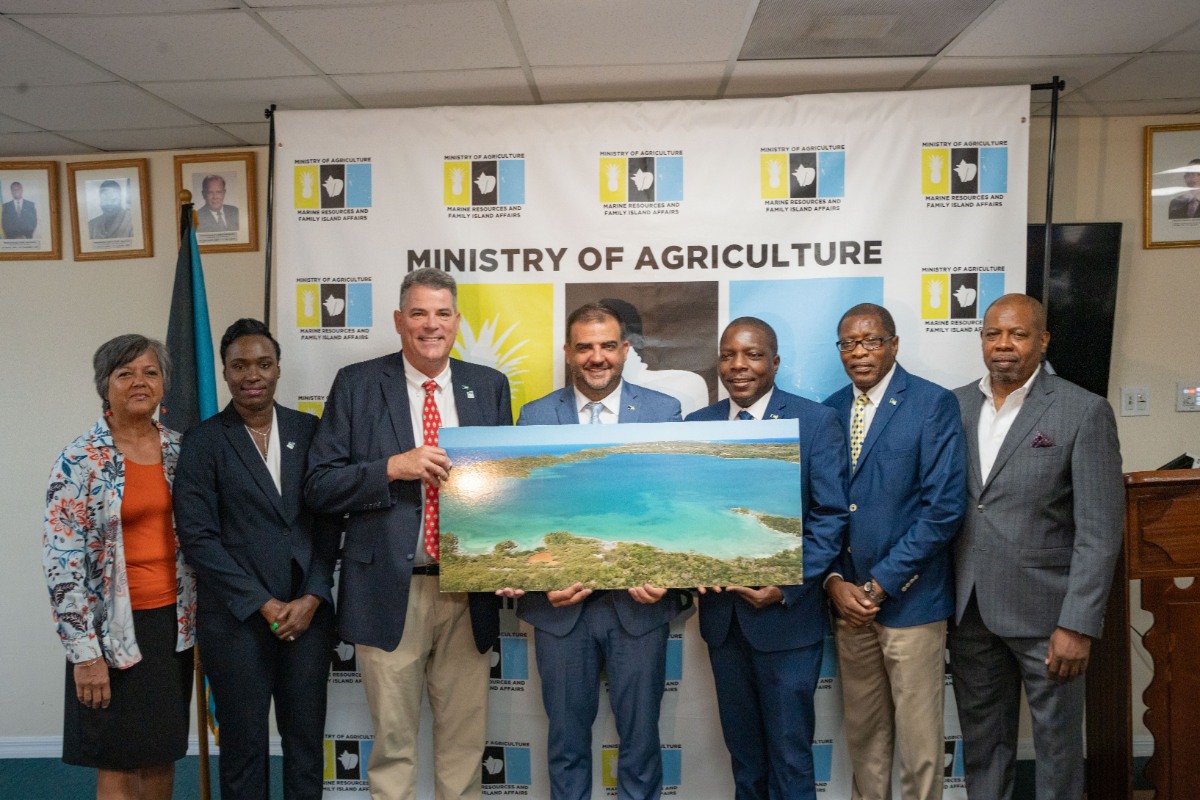
During the lease signing ceremony for Seahorse National Park, Minister Clay Sweeting, said, “This lease agreement for Sweetings Pond has been a long time coming. It represents a milestone in our journey towards sustainable development. It symbolises our collective responsibility to safeguard our natural heritage and create a harmonious relationship between economic progress and environmental preservation.
“I would like to express my gratitude to all stakeholders in this process of drafting and finalising this lease agreement. Their dedication, expertise, and commitment has been crucial in ensuring that this agreement falls in line with our vision of creating a thriving ecosystem while promoting responsible usage. Let us continue to preserve the jewel that is Sweetings Pond for many generations to come.”
The BNT invites the public to stay tuned for more news about its plan for the country’s newest national park: Seahorse National Park at Hatchet Bay Cave and Sweetings Pond!
To learn more about the role the BNT plays in managing terrestrial and marine national parks, conserving wildlife, and informing environmental policy, please visit its website: www.bnt.bs
Follow/subscribe to its various social media channels: Facebook, Instagram, Twitter, and YouTube.
Banner Image: A lined seahorse (Hippocampus erectus), female, clining to algae in an alkaline pond in The Bahamas by Shane Gross
News
PADI Club invites Ocean Lovers on exclusive dive trip to Bonaire this September
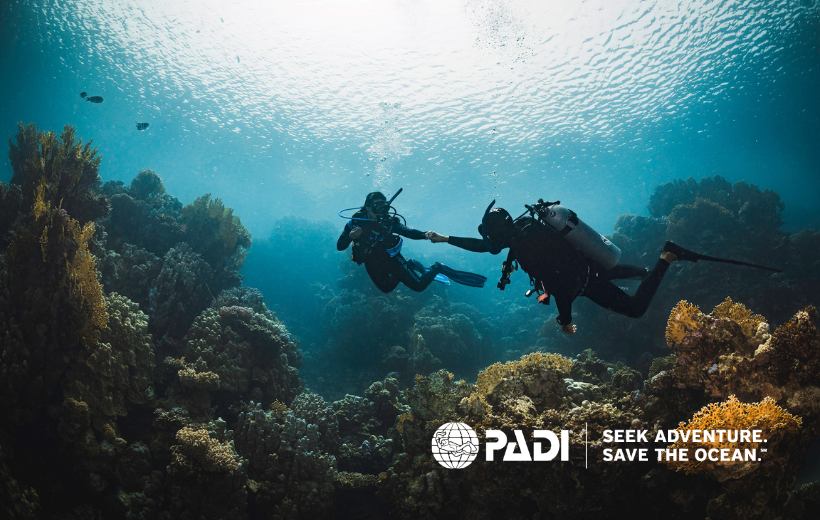
Following the popularity of the PADI Club trip to Belize at the end of July, a second “dive trip of a lifetime” has just been announced by PADI Club to Bonaire this September 23-30, 2023.
Offered exclusively for PADI Club members as part of their yearly benefits, attendees will get to seek adventure while staying at the all-inclusive Buddy Dive Resort, one of PADI’s premier members on the island. Other PADI Members in Bonaire – including Toucan Divers, Divi Flamingo, Wanna Dive, Dive Friends and Scuba Do – will also be hosting various dive experiences throughout the week.
“Bonaire is a unique and beautiful gem in the Dutch Caribbean and we want to show our Club Members this little island looms large as a dive destination,” says Zach Pavkov, PADI Club Operations Manager. “This trip offers participants a chance to not only explore a world-class diving destination but do so through some of the very best PADI Operators.”
PADI Club members will receive a generous discount for this seven-day diving adventure, with packages starting at $1,739 per diver for double occupancy.
Included in the package are:
- social events that include hosted dinners, cocktail parties and live music
- transportation in Buddy Dive Resort’s famous pick-up truck
- daily shore diving and boat diving
- accommodation, with the option to share a room with another solo diver or rent out one, two and three-bedroom apartments to host larger groups of divers
- surface interval activities that include PADI Seminars and island excursions like hiking and bird-watching.
“Because the water surrounding Bonaire has been an established marine park for 44 years, Bonaire is now a top-ranked destination with abundant marine life that includes scorpionfish, flounder and frogfish, moray eels, hawksbill turtles and eagle rays, ” continues Pavkov.
With limited spots available, the list of participants will be decided on a first-come, first-served basis. Those who are not yet PADI Club Members but are interested in joining the trip can sign-up, which will also give them access to:
- 20% of PADI eLearning® programs and PADI Gear™
- a free ReActivate® online refresher
- a free DAN® Prepared Diver course
- a subscription to Scuba Diving® magazine
- access to the PADI Club Celebrity Speaker Series webinars
- brand partner benefits from GoPro, Uber, Salt Life and more
To further support ocean lovers to create positive ocean change, five percent of the PADI Club membership fee will go towards supporting conservation efforts around the globe.
“PADI Club benefits are designed not just to empower divers to explore the ocean, but also enable them to play a pivotal role in saving the ocean too,” says Pavkov. “This year’s additional expedition to Bonaire gives our community the chance to come together and explore our shared blue planet in a truly meaningful and connected way.”
Click here to sign up for PADI Club and reserve your spot here to join the Bonaire dive trip.



